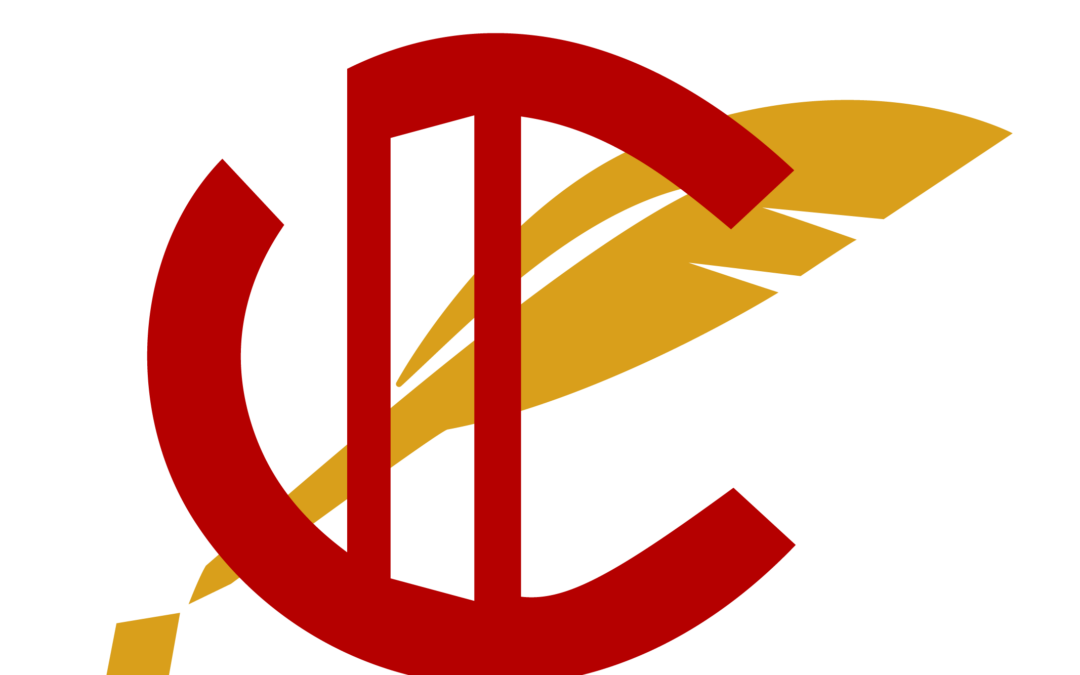The interdisciplinary research group in Humanities, Court, Image, Nobility and Territory (CINTER) of the Universidad Rey Juan Carlos (URJC), Madrid, is offered as a Host Group for the Marie Sklodowska Curie–Individual Fellowships call 2023.
Contact: Félix Labrador Arroyo (felix.labrador@urjc.es) and José Eloy Hortal Muñoz (joseeloy.hortal@urjc.es)
What we offer:
Our most outstanding resource is the methodology in Humanities we have developed in recent years in relation to Court Studies. It has proven successful at analysing complex phenomena and answering interdisciplinary questions from a holistic perspective. Our main research lines in this field are:
– The Court as a system for the organization of power: political organization and territorial cohesion. Court, Royal Household and Royal Sites.
– The political and institutional organization of the Spanish Monarchy, in particular, and the dynastic European monarchies in general through the courtly system.
– The shift from the paradigm of the Court to that of the Nation State.
Our potential to train ERs is demonstrated by the significant achievements this methodology has brought us over the past few years, such as:
Research projects- We have received support for, and participated in, research projects linked to the European Commission such as COST actions, Creative Europe or ERASMUS+, as well as to other research funding agencies including the Spanish MINECO, the Belgian FNRS and FWO, the Dutch NWO and the German DADD and Gerda Henkel.
International conferences and workshops- Thanks to the funding received, we have organized and collaborated on organizing some 30 international conferences.
Publications- We have brought out more than 90 impactful works in connection with these projects, including articles in major journals and books published by leading publishers both in and outside Spain.
Dissemination of the research results to society- The group’s commitment to making our research results known to society is clearly illustrated by our participation in initiatives like Researchers’ Night, Science Week, Pint of Science and YOCOCU. Due to this, we have been awarded several projects linked to this activity, including 5 Erasmus + K2, 1 Creative Europe projects, four Article 83 projects (collaboration with enterprises), two of the CAM and another two linked to Connect Smart Cities.
MOOCS and online courses– The group’s interest in ICT and teaching led us to put together two MOOCs at the URJC UPCA (a department for the in-house production of academic material): “Como elaborar un texto académico en Humanidades y Ciencias Sociales” (How to write an academic text in Humanities and Social Sciences) in 2015, for BA, MA and PhD students of Social Sciences and Humanities (chosen among the Top 100 in the world); and “Los Sitios Reales como recurso professional” (The Royal Sites as a professional resource) in 2018, where we used the most advanced technologies to explain the possible professional uses of the Royal Sites for Humanities, Geography, Education, Tourism and Architecture (selected as finalists at the Medea Awards 2019).
All this makes our research group an ideal environment for hosting postdocs seeking to enhance their career. We have proven experience in hosting Spanish and foreign (from Belgium, Croatia, Denmark, Poland, Italy…) researchers at different career stages (PhD, Postdoc and lecturer), through initiatives such as COST actions, Spanish MINECO, ERASMUS+ and ERASMUS Training, as well as in writing Marie Curie proposals.
Finally, besides the professional training directly provided by the URJC, the ER could enjoy a number of opportunities for further experience, especially through internships in a leading company working in the field of Augmented Reality and two museums in the Madrid area, as well as at the UPCA URJC.

Comentarios recientes